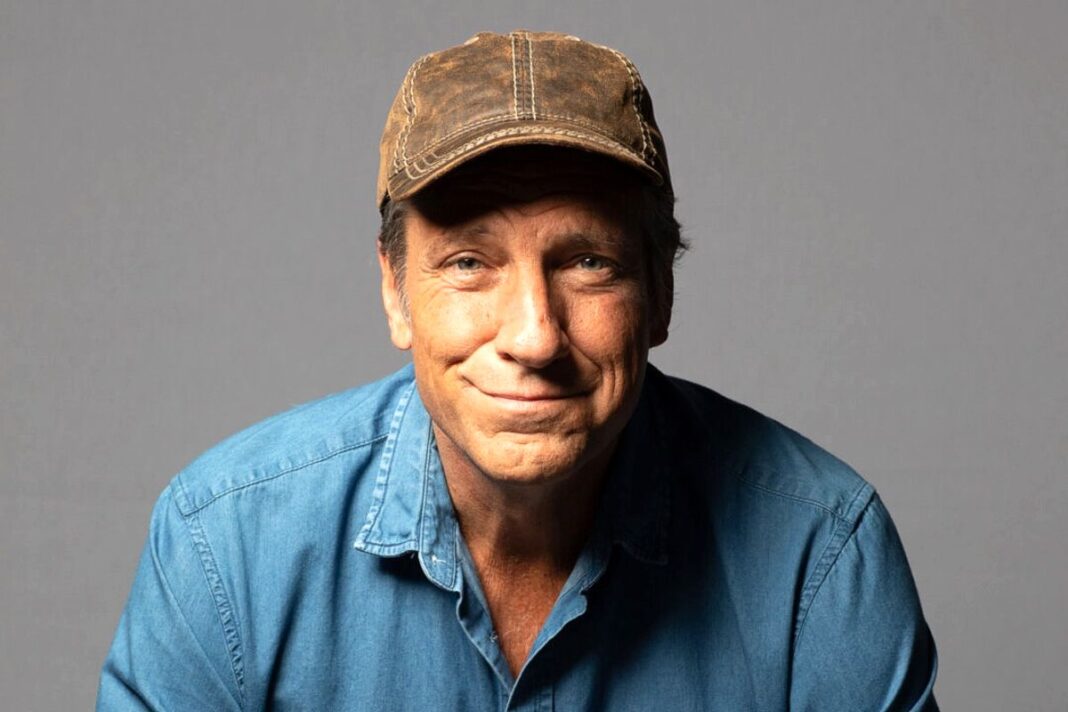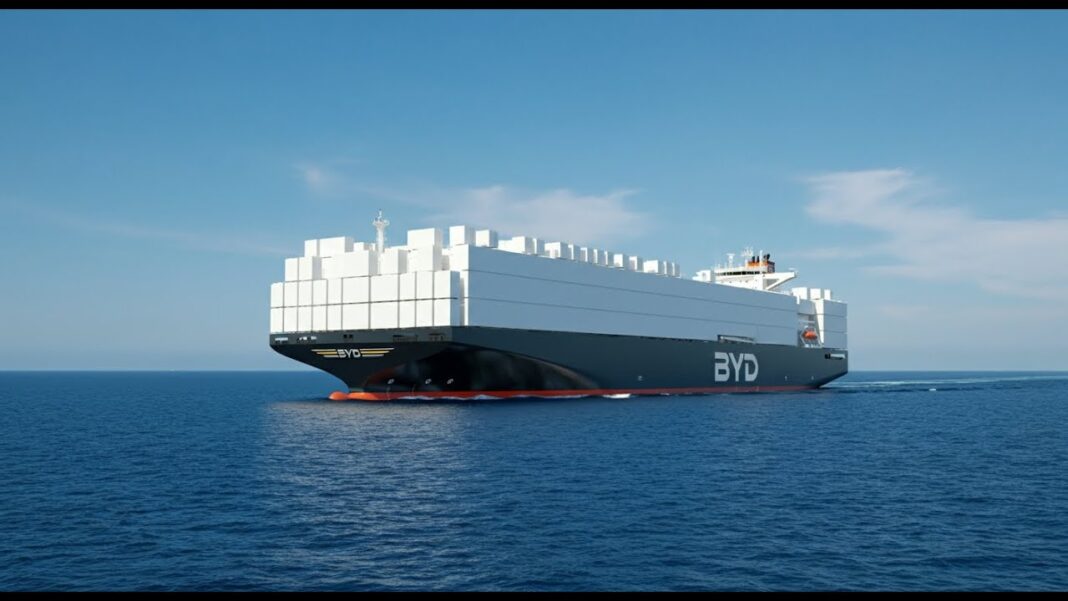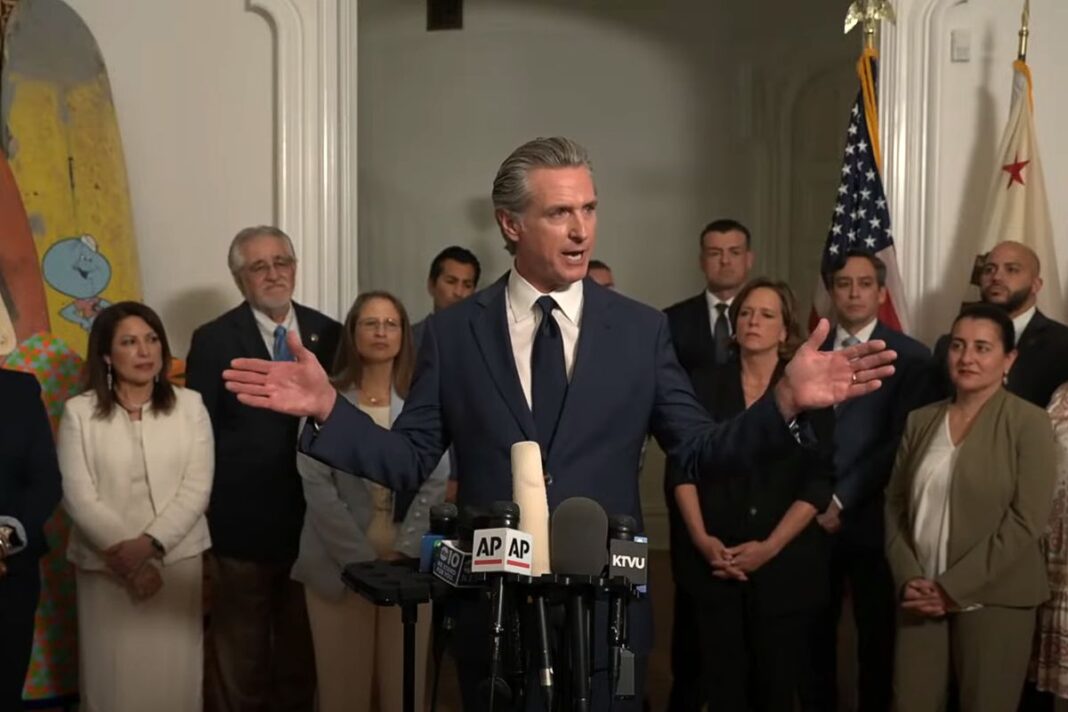Mike Rowe traveled to every state and worked with plumbers, electricians, steamfitters, pipefitters, brick layers, farmers, and fishers.
It’s a poster on the wall in his 1979 high school guidance counselor’s office that all these years later motivates Mike Rowe, the Emmy award-winning TV host, producer, narrator, podcaster, spokesman, bestselling author, and recording artist, on his quest to reinvigorate America’s enthusiasm, passion, and educational foundation for the skilled trades.
The poster’s caption—“Work smart, not hard”—underscored an image of “the happy graduate with his diploma and the poor schmuck who won a vocational consolation prize,” recalled Rowe in a recent interview with The Epoch Times.
All these years later, Rowe remembers his guidance counselor pointing to the poster and asking him, “Which one of these guys do you want to be?”
“It was a very powerful moment for me,” said Rowe. “I remember thinking, ‘I wanted to lean across the table and give him a slap because the punchline in that poster is my granddad—the embodiment of a skilled worker had been affirmatively caricatured and lampooned and marginalized.”
At the time, Rowe was wrestling with his own future.
“I was 17 and I’d taken some tests and done well, and he wanted me to go to the University of Pennsylvania, the University of Maryland, maybe James Madison. I didn’t have any money, and there was no way I was going to borrow. Debt was the only four-letter word that was truly off limits in my house. I didn’t know what I wanted to do. My plan was to go to community college for 26 bucks a credit and figure it out.”
In the decades since that guidance counselor meeting, Rowe, who eventually did go on to a four-year college, has turned his visibility and success into the mikeroweWORKS Foundation. Launched in 2008, the foundation works hard to debunk the myths and misperceptions about the trades and help close the skills gap through job boards, corporate partnerships, and scholarships.
“The problem with the push for college when we were in high school wasn’t that college was a bad thing,” said Rowe. “It’s that the push came at the expense of all other forms of learning.”








